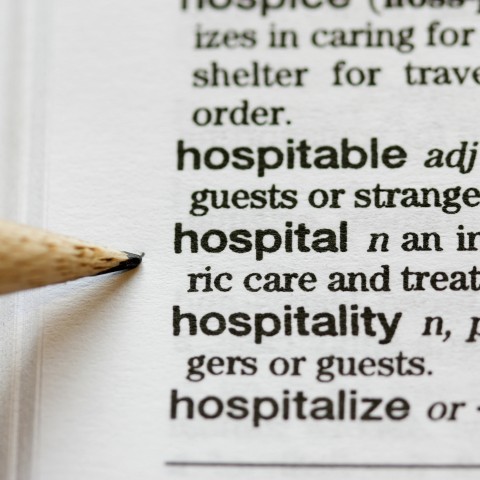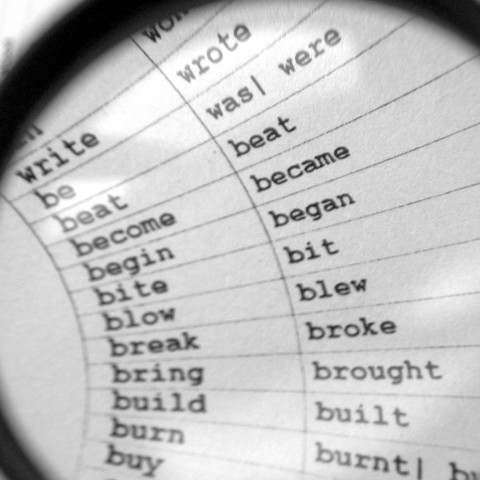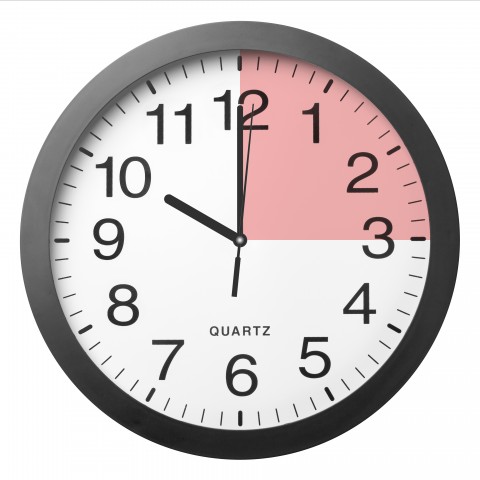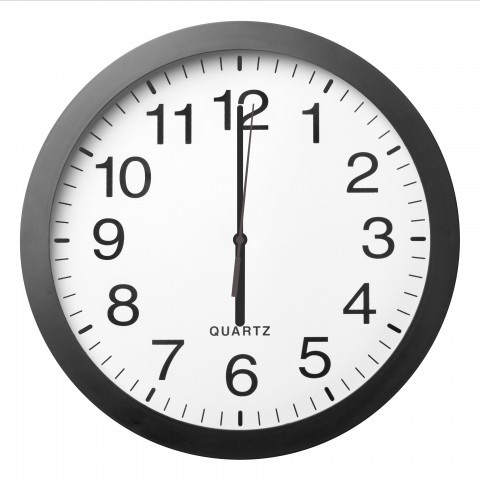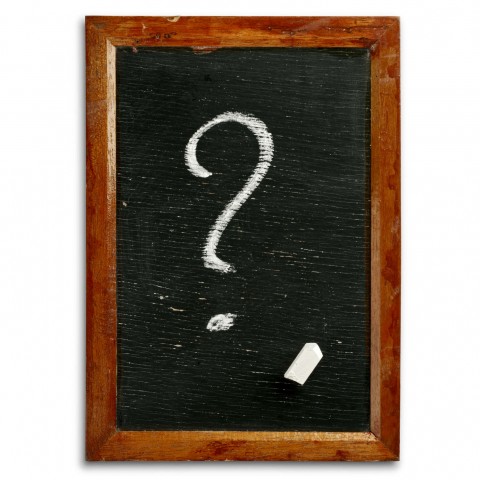
German is a stereotypically hard language to learn.
At some point, you’ve probably stumbled upon memes and videos comparing words in German to those in other languages. And, expectedly, the German words are almost always longer or more difficult to pronounce.
But let’s face it: While German may be slightly unorthodox, it definitely isn’t an impossible language to learn.
The real problem lies not in learning the language, but in mastering it—understanding all of its grammar rules, knowing all the exceptions, and being intimately familiar with all its nuts and bolts. Mastery of German requires full immersion in the language.
Speaking of immersion, few methods compare to intentional listening. German podcasts, in particular, provide a variety of benefits that will help you master the language. Below, we’ll break down just a few of these potential benefits before diving into a list of our favorite German podcasts for language learners.
 Table of Contents
Table of Contents
- Benefits of Using Podcasts to Learn German
- The 5 Go-To German Podcasts for Language Learners
- The Best German Podcasts to Practice Listening
- Tricks to Learn German More Effectively with Podcasts
- Conclusion
1. Benefits of Using Podcasts to Learn German
Improve your listening skills.

If you live in a German-speaking country and are actively interacting with locals, chances are you’ve already realized the benefits of listening.
On the other hand, if you’re isolated from native speakers or don’t make an effort to interact with them, you’re probably lacking some important skills that every German learner should possess.
Podcasts fill this gap and provide a perfect immersion solution to guarantee you grow your listening skills. In addition, regular listening can help you develop a better feel for German and more easily memorize new vocabulary. That leads us to the next benefit…
Learn new words.

The advancement of your vocabulary is what usually defines your level as a language learner. The more words you know, the higher your fluency level is. A bit of grammar here and there helps, but vocabulary is always the main variable. When you know more words, you’re guaranteed to have smoother conversations with locals and a whole lot more confidence.
Listening to German-language podcasts will help you grow your vocabulary, give you a feel for the different word cases, and show you how to best articulate sentences in German.
Familiarize yourself with the culture.

Having a strong grasp of German culture is essential if you want to have good conversations with locals. It might surprise you how much the language differs from one German-speaking country to another, largely as the result of cultural differences.
Podcasts will help you understand how Germans perceive different things according to their culture, and consequently, allow you to handle different conversations with greater ease.
2. The 5 Go-To German Podcasts for Language Learners

All Levels
GermanPod101
GermanPod101 is the most consistent, diverse, and active German podcast you can find. The number of available episodes, coupled with our coverage of all learning levels, makes us the go-to resource for a versatile audience of German learners.
If you’ve been learning German primarily through informal methods—such as speaking to friends and family, or even just browsing the internet in German every once in a while—chances are you’re not totally sure about your current level.
The GermanPod101 podcast will save you time and help you slowly assess your level. If you feel, at any point, like you can jump to another level or explore a new topic, you can easily opt for episodes that interest you along the way.
Our podcast episodes range from very short clips of just a few minutes to four-hour compilations of past episodes. You can also find a 24/7 German listening live stream on our official YouTube channel.
This German language learning podcast is a reliable resource for the demanding learner who’s always hungry for new content and information. For access to even more lessons and tools, you can create a free lifetime account on GermanPod101.com!
Beginner
Coffee Break German
Coffee Break German is one of the best German podcasts for beginners who want to get their feet (or rather, their ears!) wet with German listening.
The hosts speak slowly and clearly, using an intelligent mix of English and German. In each episode, they present a topic specific to the culture of a German-speaking country and then discuss it in English afterward.
The podcast is updated weekly, with a few long breaks in between.
Intermediate
Easy German
Easy German is the most spontaneous of all the podcasts on our list. Each episode consists of the hosts simply going out to the streets of Germany, Austria, and Switzerland to interview people about their day-to-day lives.
Another thing that makes this podcast stand out is the English and German subtitles you can find through their YouTube channel.
The podcast also provides formal language learning episodes covering different topics, so you get a mix of the more “boring” side of language learning along with the more informal Easy German teaching method.
Slow German mit Annik Rubens
Annik is a successful radio host of Armenian-German descent, famous for the show Schlaflos in München. She has won several awards for her work, and her podcast had 10,000 daily listeners.
Today, she runs the podcast Slow German, where she covers several topics in very slow German. All of the episodes are accompanied by subtitles to help you follow along.
Annik publishes new episodes around every two weeks, averaging two to three episodes per month. The length of the episodes ranges from five to fifteen minutes.
Advanced
Elementarfragen
For the advanced learner, podcasts like Elementarfragen present a great challenge. Host Nicolas Semak invites different guests over to ask and discuss questions on a variety of topics: viruses, Mars, the mafia, and more.
Elemntarfragen is updated on a weekly basis. It will help expand your vocabulary within lexical groups you may not have had exposure to yet.
3. The Best German Podcasts to Practice Listening
Now, if you’re a little bit more advanced or just want to get used to the “everyday” German that’s used in daily conversations, we recommend listening to some regular podcasts in German. You might learn some new words and phrases, and you’ll also start to understand German culture and people better.
Here are some of our recommendations:
In hundreds of episodes and counting, the crew behind Almost Daily talks about literally everything that’s on their minds. There’s usually one leading topic per episode, and all participants share their thoughts and experiences. The topics vary from very absurd ones (like how to prepare for a zombie apocalypse) to more serious ones like first jobs or first apartments. Sometimes, they just play word games such as Stadt-Land-Fluss (“Categories”).
The tone is usually very light and entertaining. This German podcast is a great resource for learning new vocabulary and for getting tips before visiting Germany.
The name of the podcast literally translates to “gossip sisters,” and it’s all about the German social media cosmos. If you’re interested in German YouTube/TikTok/Instagram trends—not to mention some insider information on how the influencer world works—this podcast is a great fit for you.
This podcast will help you add some social media-related words and slang expressions to your vocabulary. In addition, it’s a great starting point if you’d like to dive into the German YouTube world and discover new people to follow.
This podcast is trash talk par excellence—no serious topics, with a focus on pure entertainment. Every few days, the group around the famous German YouTube producer LeFloid gets together and discusses what they’ve experienced the past few days, sometimes even involving topics suggested by listeners.
If you want to learn German slang and conversational German, then this podcast is for you. Think of it as just a group of friends talking about everything under the sun.
Weird Crimes is just what the title promises. The German journalist and writer Visa Vie talks about true crimes, while input from German comedian Ines Anioli turns her stories into a weird mix of mystery, thriller, and comedy. This podcast offers a unique experience, though it’s not for everyone since the hosts often describe violence.
You might hear some vocabulary related to crimes and the German legal system.
What happens when the leading German late-night show host and a sarcastic singer-songwriter come together? Well, then we get Fest und Flauschig (lit. “solid and fluffy”), a highly popular and awarded show. The topics vary from German politics to spirituality, and they’re always discussed with a twinkling eye.
This podcast is a Spotify original, so it’s limited to one platform. But this didn’t stop it from becoming one of the most popular podcasts in Germany.
You should listen to this podcast if you’re interested in German culture and current events.
4. Tricks to Learn German More Effectively with Podcasts
This is where it gets interesting. Learning through any method can be ineffective if done incorrectly, especially when it comes to listening and reading. You can easily lose focus when practicing these two skills and end up spending lots of time with little in return.
Below, we’ve broken down some tricks for getting the most out of podcast listening. The tips and tricks below will assure you get the most out of your time, whether you’re at home or on the go.
On the Go

If you’re an adult, chances are you have certain commitments you need to commute for every day: school, work, picking up the kids from kindergarten, or anything in between.
During your commutes, you can put on a German podcast and take advantage of that time, instead of wasting your time merely staring at traffic or people. But of course, podcasts come with no visuals or graphics to keep your brain engaged at all times. It’s hard to pay attention, especially when you have distractions all around you during your commute.
That’s where these tricks will come in handy.
- Train yourself to repeat words and phrases after the host. Many podcasts designed for language learners have specific repetition exercises integrated into each episode, so definitely take advantage of this. Even if you’re listening to podcasts for native speakers, you should try repeating after the host(s) whenever you can. This will help enhance your pronunciation, ingrain new vocabulary into your mind, and keep you attentive throughout the podcast.
- Do this twice: on the way there and on the way back. Listening to and repeating after the same episode twice will ensure you memorize even more vocabulary per episode.
- Write down new vocabulary words to practice later at home. You can even add them to a digital flashcard deck!
At Home
Home sweet home. In the convenience of your own place, you’re in control of pretty much everything when it comes to how you learn using podcasts.
A podcast like GermanPod101 will enable you to access vocabulary lists and cheat sheets created specifically for each episode you listen to. That will allow you to really capitalize on the content of every episode and make sure you don’t miss out on anything.
To access the materials for an episode, you can check the description for a link. There, you can leverage the different GermanPod101 tools—voice comparison, slowed-down audio, digital flashcards, and more—to get the most out of every podcast.
5. Conclusion
Congratulations on getting this far. You’re now ready to rock and roll with the top German podcasts for your level, as well as the best study methods you can use both on the go and at home.
We recommend you start small with podcasts regardless of your level.
Maybe go down a level, or start out with episodes you may find easier to grasp. Even better, you can opt for a podcast like GermanPod101 that offers episodes for every level.
After you’ve built a habit of listening to podcasts and have familiarized yourself with German audio, you can start shifting to higher-level podcasts.
Happy learning!
Viel Spaß beim Lernen!












